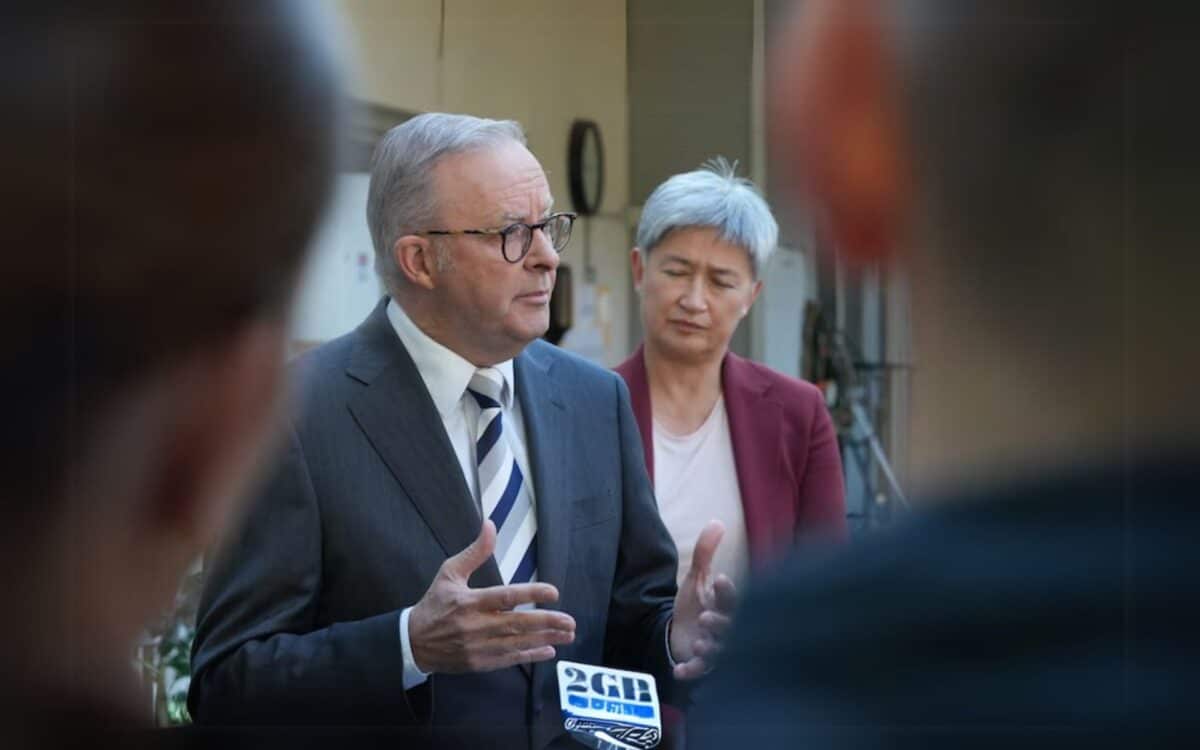Prime Minister Anthony Albanese has made a significant pledge ahead of the upcoming federal election, vowing to secure a pay rise for Australia’s lowest-paid workers.
This commitment, aimed at raising wages above inflation, forms a key part of his campaign to improve living standards and support essential sectors. Albanese’s announcement has already sparked debate, with contrasting views emerging from political leaders.
According to 9News, this move highlights the ongoing discourse surrounding wages and taxation as Australia prepares for the crucial vote. The Prime Minister’s strategy seeks to address wage disparities in some of the country’s most undervalued sectors.
A Commitment to Higher Wages for Essential Workers
During a visit to an early learning centre in Melbourne, Albanese emphasised the need for wage increases in sectors that he believes are undervalued. The Prime Minister has specifically highlighted early childhood educators and aged-care workers as key beneficiaries of this initiative, reflecting his ongoing commitment to addressing wage disparities.
We want the Australian people to vote for higher wages and lower taxes, not the Coalition’s plan of lower wages and higher taxes – Albanese said.
“It’s a pretty simple choice Australians face.”
The Government’s Track Record on Wage Increases
The Australian government has already made strides in raising wages for these sectors, with aged care workers receiving around a 28% wage increase and early educators benefiting from a 15% raise. Albanese argued that these increases were vital for sustaining a workforce that is essential for the nation’s well-being.
Along with aged care workers who’ve received around a 28 per cent wage increase, we’ve legislated for a 15 per cent wage increase for early educators – he said.
We know both of those sectors, simply weren’t being paid enough. Those feminised industries were undervalued. Unless we lifted wages, we wouldn’t have a workforce to look after these people – he said.
Opposition’s Stance on Wages
In response, Opposition Leader Peter Dutton asserted that the Coalition also supports wage increases but emphasised the need for economic policies that foster business investment. Dutton critiqued the current government’s handling of wages, claiming that real wages have declined under Albanese’s leadership.
We support wage increases, of course we do – Dutton said.
Families have gone backwards under this government. The Prime Minister Mr Albanese can talk up about putting up wages – real wages have gone down under this government.
With the federal election on the horizon, the debate on wage policies has become a focal point of the political discourse. Albanese’s pledge seeks to address the concerns of low-paid workers, while Dutton’s position highlights the broader economic challenges facing Australian families.









